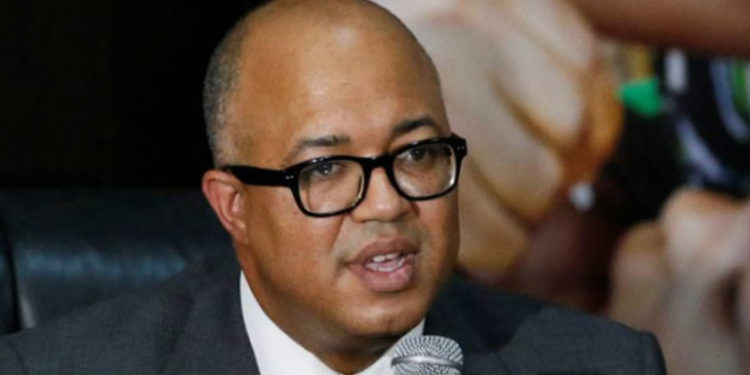The Director General, NCDC, Dr Chikwe Ihekweazu, told in an interview that the number of cases was likely to increase given the increasing capacity to find and test more cases.
There were 220 new cases on Saturday as the total rose to 2, 388. The number of discharged persons rose to 385 while the number of deaths increased to 85.
The new cases were 62 in Lagos; 52 in FCT; 31 in Kaduna; 13 in Sokoto; 10 in Kebbi; 9 in Yobe; 6 in Borno; 5 in each of Edo and Bauchi; 4 in each of Gombe, Enugu, Oyo; 3 in Zamfara and 2 in each of Nasarawa, Osun, Ebonyi, Kwara, Kano and Plateau states.
Earlier, as part of measures to contain the rising spread of the virus in the country, the President, Major General Muhammadu Buhari (retd.), on March 30 imposed a 14-day lockdown on the FCT, Lagos and Ogun states, followed by a two-week extension. He noted that the extension became necessary as the pandemic was no longer a joke and had become a matter of life and death.
At the expiration of the extension on April 27, the President, in a nationwide broadcast on Monday, again extended the lockdown by one week, which terminates today. The President, however, said a nationwide curfew between 8pm and 6am would follow as a further measure to contain the spread of the virus.
Many state governors also introduced similar restrictions in their states, even though some have begun easing the lockdown despite the rising number of cases across the country.
Asked about his projection on when Nigeria would likely reach its peak and how prepared the nation was for it, the NCDC DG said, “There are various projections that have been developed based on various contexts. With the increasing capacity to find and test more cases, we will continue to see an increase in cases in the next few months.
“Our strategy is to test quickly, detect confirmed cases, isolate and manage cases to recovery and follow up with contacts to reduce the risk of spread.
“In the absence of a vaccine for this disease, we must continue to adhere strictly to directives from the Federal Government on non-pharmaceutical interventions such as closure of large gatherings and physical distancing. By doing these, we have a better chance of reducing the risk of spread of this disease quickly.”
When reminded that despite setting up 15 COVID-19 testing laboratories, less than 20,000 tests had been carried out so far, Ihekweazu said people could access the situation report on the NCDC website. “On the 1st of May alone, we recorded over 2,000 cases and this will continue to increase,” he added.
He added that in preparing for the increase in cases, the NCDC was working closely with state governments to rapidly scale up the capacity in treatment centres, even as he had hinted previously that the virus would eventually spread to all the states.
Notably, there has been an astronomical increase in the number of cases in the past few days. Since February 27 when Nigeria recorded its first case, the nation didn’t hit the 1,000 mark until about two months after, April 24 specifically when the number of cases rose from 981 to 1,095. The number of deaths then was 32.
But, barely one week after hitting the 1,000 mark, the number of cases reached the 2,000 mark on May 1, when the cases rose by 238 to hit 2,170. The number of deaths also more than doubled as the casualty figure rose to 85 within the period.









